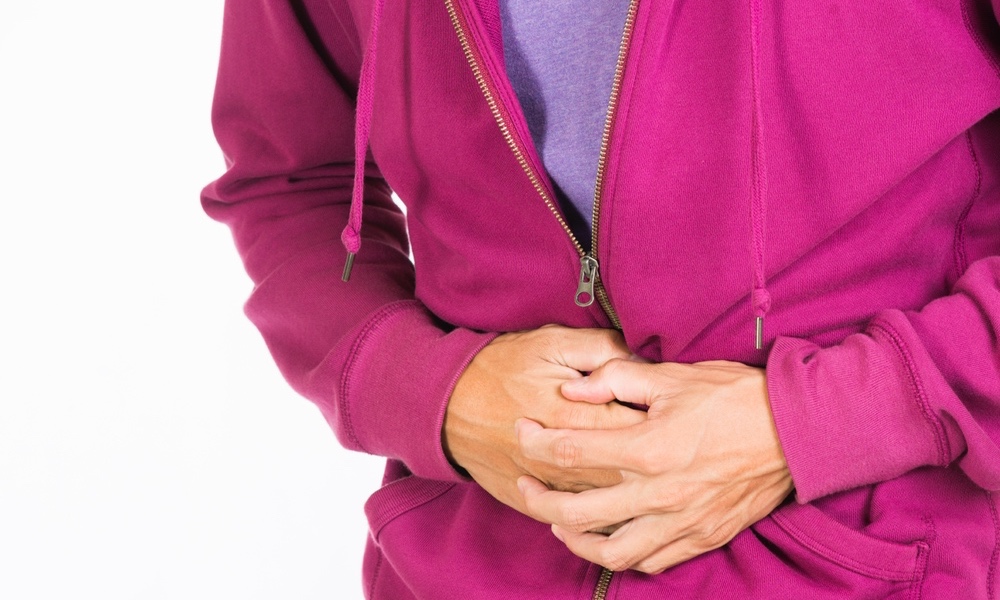In a Texas study, obese adolescents who received a hepatitis B vaccine using a standard one−inch needle showed only half as strong an immune response as those vaccinated using a 1.5 inch needle.
No one is suggesting that people need to retake their vaccinations; even the lower immune response seen in the study was sufficient to protect patients against hepatitis B. The study does point out that longer needles seem to deliver a more effective dose in the obese.
A clue to the answer came when the hepatitis B vaccine was introduced in the 1980's. It was originally given in the buttock. Soon after, doctors noticed that it was failing to protect some female nurses.
The Centers for Disease Control and Prevention recommends using longer needles for obese patients, but it's unclear how many doctors do this or if they've even heard about the recommendation.
With people's weight on the rise, even the shoulder may now have too much padding.
In the study, 24 obese adolescents, 22 women and 2 men, were randomly given the hepatitis B vaccine with either a one−inch or 1.5 inch needle, over a three−year period. None of the subjects had previously received a hepatitis B vaccine. The amount of anti−hepatitis B antibody produced was nearly twice as high in subjects when the longer needle was used, 345 mIU/ml vs.190.
It’s not known whether the extra fat is breaking down the vaccine or merely serving as a physical barrier that prevents the vaccine from entering the muscle. It is known that women are more likely to be affected by needle length than men. This is because of differences between the sexes in how their body fat is distributed.
Longer needles sound even scarier than the conventional ones. Yet they're said to be less painful. Is this another variation on "relax, this won't hurt a bit"? If you maintain a reasonable weight, you may never have to find out.




